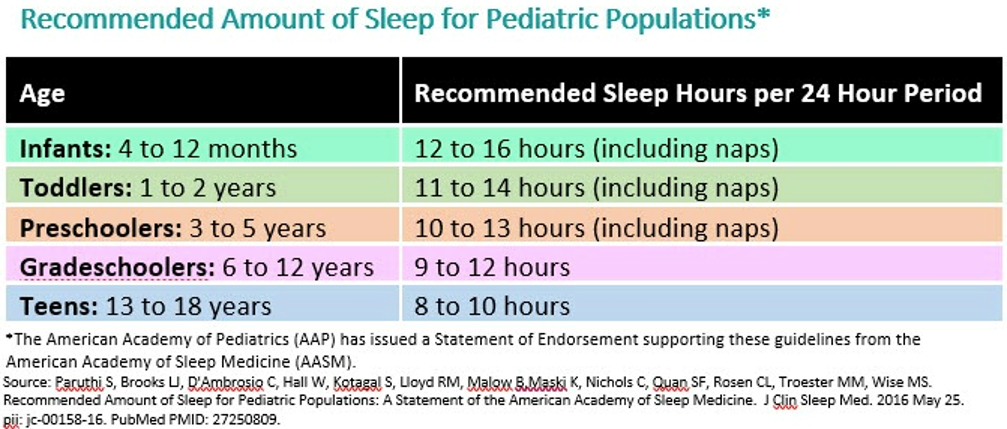Children with anxiety and depression are sadly becoming a new norm. 1 in 4 teenagers has been diagnosed with an anxiety disorder and by the time they’re 18, nearly 1 in 2 teens will be diagnosed with a mental health disorder.
Stress is inevitable and some stress is good. However, we want to implement good habits with our kids as early as possible to create a more positive environment vs. a stressful one. Happiness is the key to life and here are 5 simple steps on how to get your child on their way…
Step 1: Don’t over-schedule
How many of you feel like you rush home to rush your kids off somewhere? They are stimulated at school all day to come home and be rushed off to an activity, sport, friend’s house etc.to be stimulated some more.
If you get a headache looking at your family calendar, trying to figure out how you are going to navigate everything, I think that’s a clear sign that maybe its time to slow down.
Make sure your child has scheduled rest time. This includes no stimulation such as an activity or electronics. Try implementing rest time in their bedroom each day, let their imagination decide what they will do with it. Maybe this is reading, writing, playing with their toys, it’s up to them, as long as it’s on their own and in a quiet and relaxed environment.
Another thing to note is we want our kids to learn they can say NO to commitments. If you have overscheduled yourself, how can we expect our kids to know how to prioritize their time? Model how to SLOW down, unschedule unnecessary commitments yourself, and enjoy quiet time at home too.
Step 2: Implement a Healthy Sleep Schedule
We repair, detoxify, grow, and learn in our sleep! Most of us, including our children, are chronically sleep-deprived. We must make sleep a priority. Take a look at the recommended number of hours of sleep by age from the American Academy of Pediatrics – these are hours ASLEEP, not just hours in bed! So think about what time your kids wake up, count backward to what time they should be asleep, and then start the bedtime routine at least a half-hour before that!

Step 3: Shift Their Perception
Our brains are wired to hold on to and remember the negative things that happen much more easily than the good things. It takes just one negative moment to erase all the 100 positive moments that happened just before. We have all been there where we are having the best day ever than one horrible thing happens and all of our sudden our day is ruined.
Our children notice this and instead, we want to teach them to let go of negative things and when positive things happen, to embrace them and fully feel them. At the end of the day, try asking them what their favorite part of the day was. Let them reflect and remember the positive as we want to help our children’s brains be velcro for the good.
Part of being positive also means learning to smile. A lot. The more smiling in a day, the better. A smile helps your brain believe that stress, no matter how difficult and challenging, is more manageable. Stressing and getting anxious doesn’t make your task any easier or pleasant, so you might as well smile your way through it! A smile triggers our happiness and motivation hormones – serotonin and dopamine. Smiling = happiness. Its that simple.
Step 4: Exercise & Get Outdoors
Exercise is essential for a healthy body and mind. Exercise in NATURE provides the biggest benefit. Not only does exercise support a healthy mood, but it also supports optimal attention/focus, immune functioning, and detoxification. Playing a sport was found to be one of the most protective factors against teenage anxiety and suicidality. The health benefits are just too many to count! If you can, make it a family affair – get out and move your body, every day, whether it’s a bike ride in the hills or a dance party after dinner!
Step 5: Supporting a Healthy Gut = Supporting a Healthy Brain
Our gut microbiota makes up at least 80% of the neurotransmitters in our body, including Serotonin – our feel-good hormone that helps manage worries, be happy, reduce depression, and help us sleep. A Healthy Gut = A Healthy Brain.
Nourishing your child’s gut will nourish their brain, and help support a stress-proof life. Try adding in their diets a rainbow of fruits and vegetables and healthy fats with omega-3 essential fatty acids. Avoid artificial colors, flavors, and preservatives, especially the food coloring “orange”. Eat probiotic foods such as fermented foods and make sure to get plenty of sunshine for your dose of vitamin D.
XO
B

